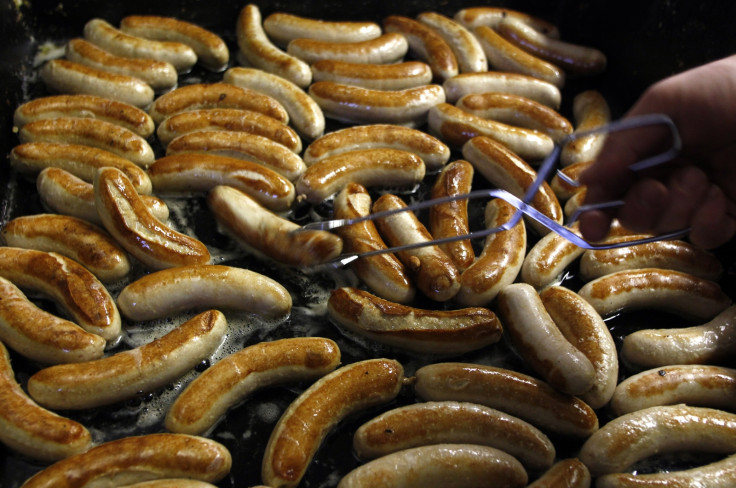EU Tries To Limit Russia Food Ban Impact As Member States Raise Fears

The European Union has started analysing the products that would be affected by Russia's ban on EU food imports.
Russia slapped a ban on food and agricultural imports from the European Union, the US, Canada, Norway and Australia after the latest Western sanctions against Russia were passed.
The sanctions targeted broad sectors of Russia's economy, including banking, defence and energy sectors.
Senior EU staff returned to Brussels from their summer vacation early to set up a task force to deal with Russia's retaliatory ban on EU food.
The group has set out to find alternative markets for affected products, and to assess the fallout from the ban.
"We still feel it's a little bit soon to discuss the cost implications," an EU Commission spokesperson told journalists.
"We are looking at every product individually. We hope that by Thursday of this week, we will be in a position to have a clearer picture of the potential impact, so that we can discuss it with the member states."
The group could also investigate the use of compensation from a fund introduced in 2013, although the money has yet to be used.
France, the bloc's biggest agricultural producer, has expressed concern that surplus Eastern European produce could flood the Western European market as a result of Russia's ban.
The EU passed its toughest measures yet against Moscow in July, after Malaysia Airlines flight MH17 passenger airline was downed over eastern Ukraine.
Western leaders accuse separatist rebels of shooting down the plane using a Russia-supplied missile, while Moscow accuses the Ukrainian military of shooting down the jet.
© Copyright IBTimes 2024. All rights reserved.






